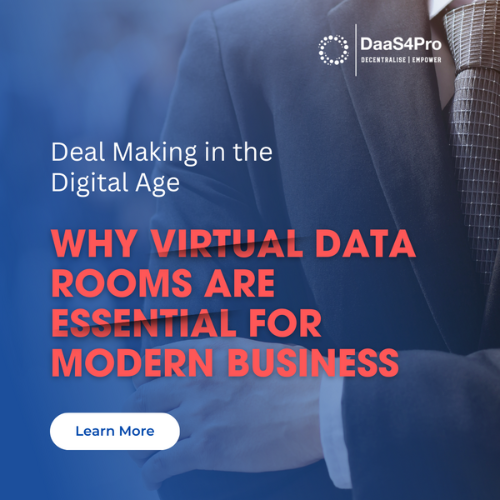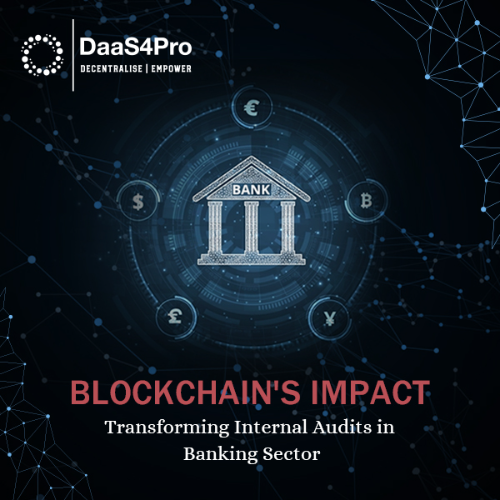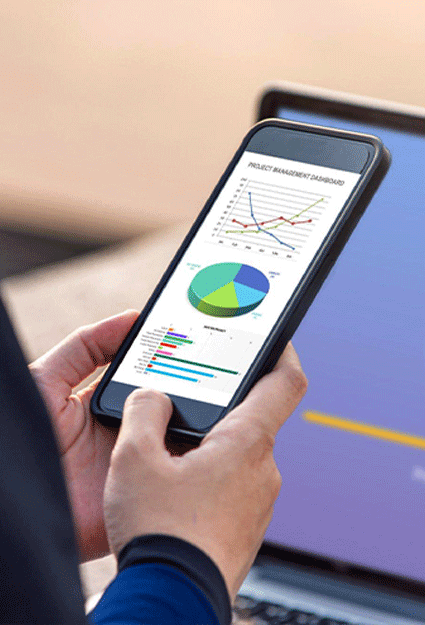

Deal Making in the Digital Age: Why Virtual Data Rooms are essential for modern business
Businesses today handle vast amounts of sensitive information. Ensuring the secure and efficient management of this data, particularly during critical transactions and confidential processes, is paramount. This is where Virtual Data Rooms (VDRs) come into play. But what exactly are VDRs, and why are they essential for modern businesses? Let’s explore.
What are Virtual Data Rooms?
Virtual Data Rooms (VDRs) are secure online platforms designed to store and manage confidential information crucial for executing significant and complex financial transactions.
Here's why Virtual Data Rooms have become essential for modern business operations.
Data Security in a Digital Era
As the frequency and complexity of cyber threats continue to grow, protecting sensitive business information has become a top priority for organizations across industries. VDRs offer unparalleled security features that include:
1. End-to-End Encryption: Ensures that data is securely stored and transferred, preventing unauthorized access.
2. Granular Permissions: Allows businesses to control who can view, edit, or share specific documents, adding an additional layer of security.
3. Watermarking and Audit Trails: Provides detailed records of user activity, enhancing transparency and reducing the risk of data leaks.
These features make VDRs an ideal solution for industries like finance, legal, and healthcare, where compliance with strict regulatory standards is a necessity.
Streamlined Due Diligence and Transactions
Virtual Data Rooms are particularly useful in high-stakes transactions such as mergers and acquisitions (M&A), partnerships, or fundraising. Traditionally, due diligence involved countless hours of manually reviewing physical documents, but VDRs streamline this process. Key advantages include:
1. Faster Access to Documents: Interested parties can easily access necessary files from anywhere in the world, expediting the review process.
2. Organized and Searchable: VDRs provide advanced indexing and search functionality, making it easy for users to find specific documents, saving time and reducing errors.
3. Real-Time Collaboration: Multiple stakeholders can review documents, leave comments, and communicate within the platform, allowing for seamless collaboration during negotiations.
Enhanced Transparency and Accountability
One of the biggest advantages of using a VDR is the ability to track user activities in real-time. Businesses can monitor who accessed specific documents, when, and for how long, creating a transparent and accountable process. This feature is particularly valuable during legal or financial audits and when dealing with regulatory bodies.
Reporting and Analytics
Virtual Data Rooms offer powerful reporting and analytics tools that give businesses valuable insights into user behavior and document interactions. Key advantages include:
1. Customizable Reports: Generate detailed reports on user activity, document views, and file interactions.
2. Data-Driven Decision Making: Analytics tools help stakeholders make informed decisions by understanding which documents are most critical to a deal or project.
3. Enhanced Oversight: For industries like private equity, M&A, and legal, this helps monitor project timelines and ensures compliance with internal or external regulations.
Cost and Time Efficiency
Using a VDR eliminates the need for physical data rooms, printing, and courier services, significantly reducing costs. Additionally, by providing 24/7 access to documents from any location, Virtual Data Rooms save valuable time, especially in global business environments where participants may operate in different time zones.
Who Uses VDRs and Why?
VDRs are used across a range of industries to support all kinds of deals. Roles most likely to interact with VDRs include executives, financial teams, analysts, compliance managers, and other professionals.
The Virtual Data Room serves these users' needs through functions such as:
1. Investment Banking: Facilitates M&As and financial transactions with secure document sharing.
2. Private Equity: Enhances deal sourcing and portfolio management with transparency.
3. Oil & Gas: Manages joint ventures and acquisitions securely.
4. Legal: Handles case management and sensitive documents with granular permissions.
5. Auditing: Simplifies access and tracking of financial records.
6. Energy, Mining & Utilities: Supports project financing and compliance.
7. Technology, Media & Communications: Manages intellectual property and M&As.
8. Biotech, Health Care & Pharmaceuticals: Secures clinical trial data and regulatory documents.
9. Government & Infrastructure: Manages sensitive contracts and public-private partnerships.
10. Real Estate: Handles property documents and financing securely.
The Bottom Line
In an era where remote work has become the norm and physical travel remains limited, deal-makers must adapt by incorporating Virtual Data Rooms (VDRs) into their processes. VDRs provide the secure, efficient infrastructure needed to handle the rigorous due diligence required for M&As, helping drive deals to a swift close.
By understanding the key benefits and robust security features of VDRs, you can choose the right VDR partner to streamline your transactions. This not only preserves your competitive edge but also ensures your data is protected, giving you confidence in your deal-making strategy moving forward.




